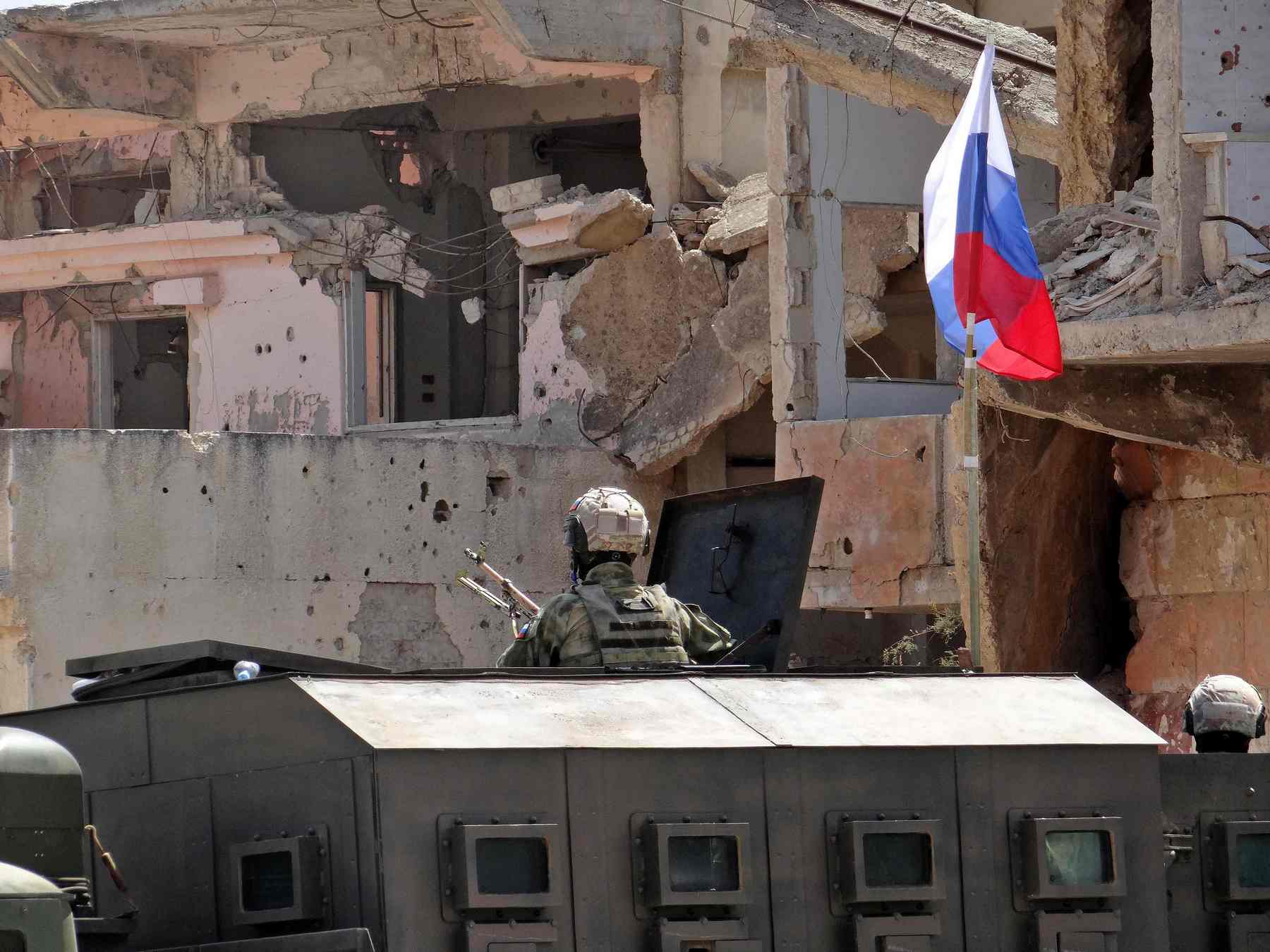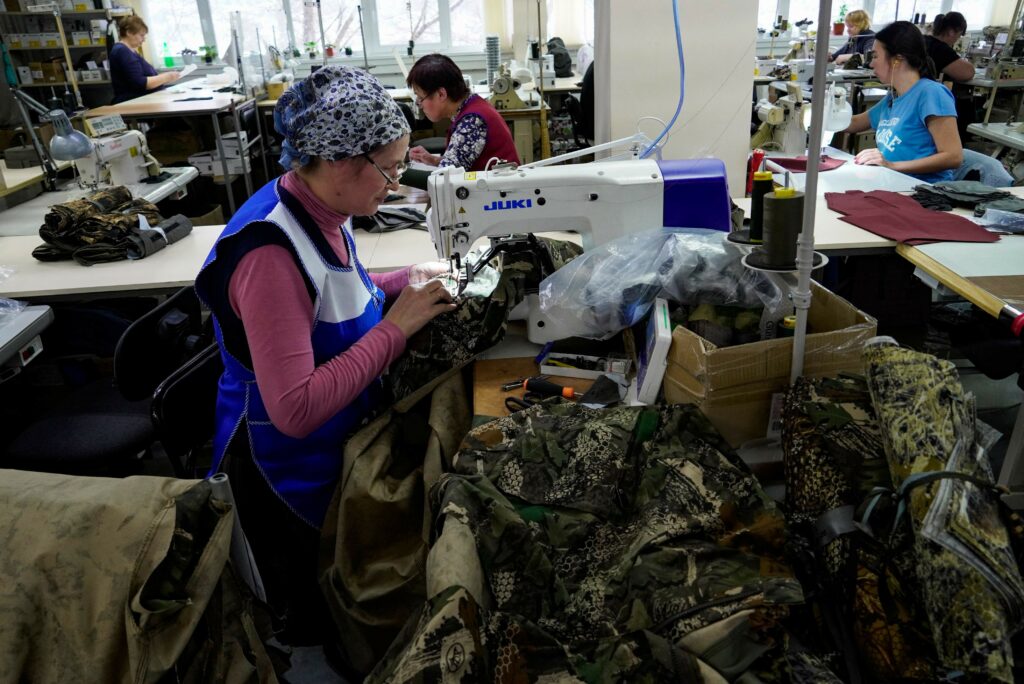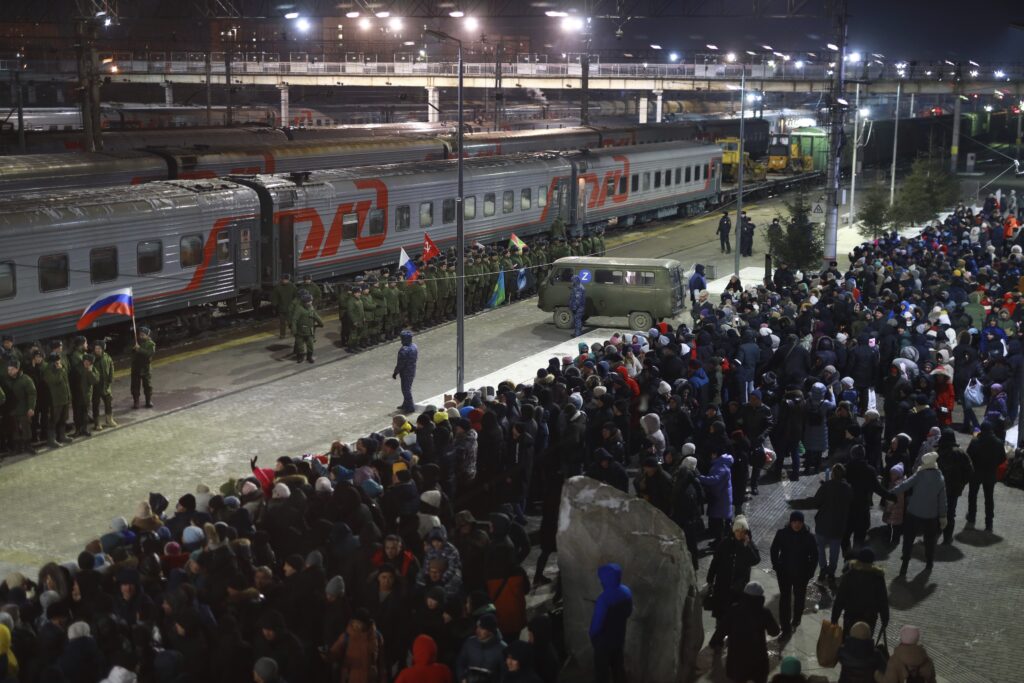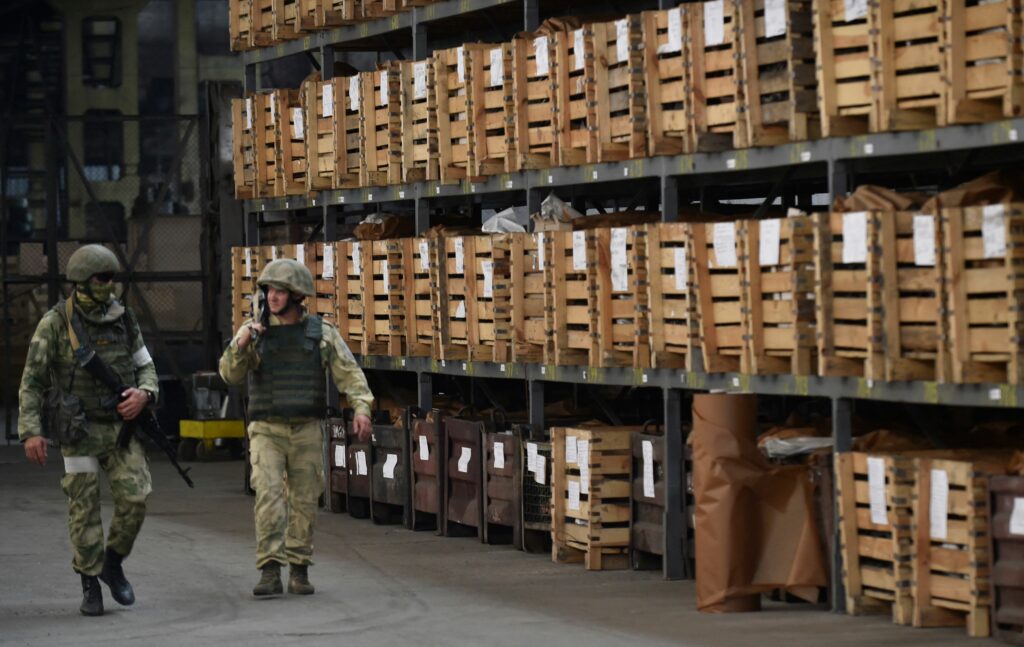The year 2020 was the year of ‘saying goodbye to Russia’s illusions’ when it comes to the Middle East, whereas 2021 was the year of saying goodbye to the illusions maintained by the countries of the Middle East as regards Russia. Moscow itself acted as a whistle-blower, as it seemed to have failed to understand that its actions towards the so-called West reverberated in the East.
One cannot surprise Middle Eastern political regimes, which are still in disarray after the events of the Arab Spring and the crackdown on the opposition, but the case of Alexei Navalny did not remain unnoticed and raised certain emotions in the Middle East. For instance, articles appeared that compared Navalny’s return from Germany to Russia after he had been poisoned with a Novichok nerve agent with the hypothetical return of the Syrian opposition leaders to Damascus: there were assumptions that they could also challenge Assad despite their expected arrest upon arrival in the Syrian capital, etc.
However, rhetoric aside, the situation with Navalny (the Kremlin’s reaction to his regular anti-corruption investigations, the poisoning itself, absurd and contradictory statements by officials, detention virtually off the plane) made it possible to draw unambiguous and not far-fetched conclusions about the Russian system of power, a system of power which after 2014 has been imposing its rules inside the country and beyond its borders, notably in Syria. Hence legitimate and logical questions arise: since the Russian authorities are using chemical weapons against their own opposition leaders in Russia, how can one claim that the Assad regime has got rid of all its once advanced developments of psychoactive poisonous substances such as the BZ (Agent 15) incapacitating agent or chemical warfare substances more resistant than the VX nerve agent? Since the institution of elections in Russia itself has been practically destroyed, why should Moscow do anything to reform the Syrian political system, not to mention promote the involvement of the opposition?
Neither Assad nor Moscow have made the slightest attempts to legitimise the 2021 presidential election, a central event in the Kremlin’s Middle East agenda, and to conduct it in a different manner. Of course, even if they pretended there was a real opposition by including former rebels from the pro-Russian 5th Corps or had conducted voting among the corrupt tribal sheikhs from northern Syria, this would not have added legitimacy to Assad in the eyes of the West, although it would have moved propaganda and argumentation to a different level.
Although ‘pro-government nightingales’ like to sing songs about a Middle East that only understands force, the situation with Navalny caused disillusionment to all those who had believed in the Kremlin’s constructive solutions and in a political compromise in the Middle East due to the multi-faceted actions undertaken by the Kremlin. One should not forget that through its actions in the Middle East, Moscow imposes a dialogue on an equal footing not only with the US, but also with the countries of Europe. Thus, the Kremlin continues to encourage investment in the reconstruction of Syria and other initiatives. As a result, the Syrian stalemate is not only a demonstration of a lack of compromise with other players, but also of the deadlock reached by Russia itself.
As a consequence, the Kremlin’s pushy policy, on which a number of capitals pinned hopes in terms of diversifying contacts after the Russian intervention in Syria, has again been replaced by a stagnant agenda with the mentoring tone typical of modern Russian diplomacy according to the Lavrov formula of ‘the truth is always on our side’. Undoubtedly, Moscow became even more self-confident in the aftermath of the seemingly chaotic withdrawal of coalition troops from Afghanistan, although there was no real reason for the Russians to celebrate their victory. First, the US carried out the largest humanitarian operation in modern times and evacuated more than 100,000 people within a month. They evacuated even those they had not initially planned to evacuate. Secondly, the withdrawal of NATO troops did not have a positive effect on security in Afghanistan, which the Kremlin was rather quickly forced to admit, although the Russian Foreign Ministry was initially very keen on defending the Taliban regime.
Sabre-rattling is of use to gun-toting Middle Eastern players mired in intrigues if it entails any kind of security guarantees. Otherwise, brinkmanship is perceived as no different from the Iranian brinkmanship which has exhausted the region and even the Ayatollah regime itself. It only seems that the capitals of the Middle East have failed to notice the ‘military striptease’ (muscle-flexing) of the Russian troops at the border with Donbass this spring, autumn and now winter. By doing this, the Kremlin is forcing the West to make regular summits and discuss security guarantees which Moscow itself has not bothered to articulate. By way of example, after the US sanctions against Turkey for the purchase of the S-400 ground-to-air missile defence system and the conciliatory effect of the Abraham Accords, from which Moscow was left out, there is virtually no interest in buying Russian air defence systems in the region.
Once again, however, one can clearly see Russia’s attempts to downplay the importance of the overall reconciliation process and show that while others only pretend to be peacemakers, Russia is solving real problems, such as supplying vaccines abroad. Against the backdrop of problems in Africa, scandals in Europe and even Central America, the Kremlin’s vaccine diplomacy in the Middle East seems to be going well. For example, Turkey, which initially refused to buy Sputnik V due to the fact that the preclinical studies did not comply with good laboratory practice, not only approved and purchased 50 million doses of the vaccine, but also agreed to set up production on its territory.
However, neither was this without problems. In July 2021, it became known that the Russian Direct Investment Fund had secretly transferred the exclusive rights to supply the medicine to the Dubai-registered company Aurugulf Health Investment which was selling the vaccine to countries on several continents, in particular Pakistan and Lebanon, at a price many times higher than the one at which Russia directly supplies Sputnik abroad. Even Iran, not to mention Syria, has expressed dissatisfaction with the process of vaccine verification and supply. Vaccine transfers have been turned into special operations with undisclosed data on the terms of supply and the number of doses shipped.
This veil of secrecy can only be explained by the fact that the Russian Federation can no longer afford constant and entirely free-of-charge deliveries to the Syrian people, especially as Moscow is well aware of the rather luxurious lifestyle of the Assad elite and their relatives who can afford to buy and rent luxury properties and luxury cars. There are reports that Sputnik V was used as currency, and the return of Israeli citizen Dina Cohen from Syria is proof of this. It was after reports from a wealthy Israeli family of the girl’s return home that the first batch of vaccines, reportedly purchased with Israeli money, arrived in the Syrian Arab Republic.
On November 9, a high-ranking UAE delegation led by Foreign Minister Abdullah bin Zayed Al Nahyan visited Syria for the first time in 10 years. In Moscow and Damascus, this was generally seen as evidence of a reset in Syrian-Emirati relations and a breakthrough that would lead to the restoration of Syria’s participation in the League of Arab States, which Russian diplomacy has championed. However, such a move could bode not only dividends but also for increased risks for the Kremlin.
Russia and the Emirates have a long history of cooperation, including tacit cooperation through their security services, primarily based on the similarity of their muscular foreign policies. However, the Emirates are now departing from their muscle-flexing in foreign policy towards active diplomacy with an explicit economic focus. The previous foreign policy not only brought dividends but also consequences in the form of complications in relations with regional and world players. The UAE is in direct contact with the Syrian regime and has gone so far as to reconcile relations with Turkish President Recep Tayyip Erdogan. Given that there was already a precedent of the UAE and Damascus trying to negotiate operations behind Moscow’s back, it is possible that Assad’s direct contacts without Moscow’s mediation could bring new surprises for the Kremlin. Furthermore, if Ankara gets closer to Abu Dhabi, the Turkish policy in Syria could be implemented without Russia at the back of their minds. With the Emirati representatives acting as a more effective mediator between the Assad regime and Turkey, they could offer some investment beneficial to all parties in return, which Moscow is unable to do.
The Emirati-Turkish cooperation also carries risks for Russia in Sudan, where Moscow continues to try to complete the construction of the military facility in Port Sudan on the Red Sea, while the new authorities are trying to revise the agreement on the Russian military presence on more favourable terms for themselves. Obviously, Moscow hasn’t much chance of implementing the agreement since it is not being backed by any serious economic investment. It is, in fact, a purely military agreement, which apparently was prepared for the Russian Defence Ministry by employees of the odious owner of the Wagner Group, Yevgeny Prigozhin. Turkey, on the contrary, is ready to mask military interests in Sudan with investments, and the UAE are the main obstacle.
Speaking of mercenaries, even those in continental Africa, they are redeployed via Syria’s Khmeimim Air Base. In September 2021, the topic of Russian mercenaries was unexpectedly brought to light at the UN. The French and German foreign ministers and defence ministers threatened the withdrawal of their troops from Mali should the government cooperate with Wagner PMCs. Next, there was a heated open discussion of the issue in New York during the UN General Assembly. As a result, the Russian Foreign Minister Sergei Lavrov admitted that the Malian authorities had indeed sought help from a Russian private military company, although he sidestepped the issue of the absence of a law in Russia that would regulate the activities of PMCs. Obviously, Moscow continues to rely on mercenaries in its foreign policy, and this in itself affects the assessment of the tools available to the Russian Federation. It is an open question whether Moscow can seamlessly combine the official and private approach in the international arena.










